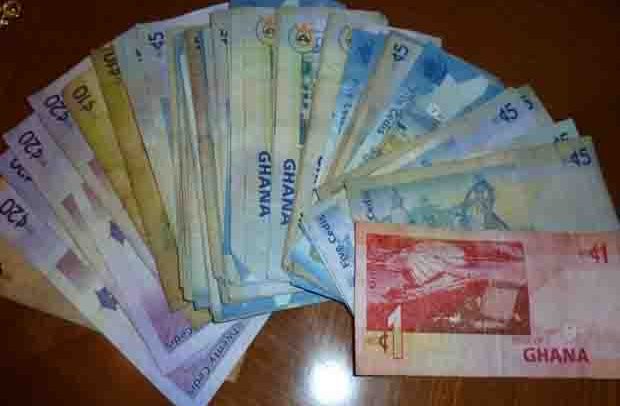The Bank of Ghana has indicated that its strong foreign exchange reserve position has provided an anchor for exchange rate stability.
Cumulatively, even though the cedi has depreciated by 2.9 per cent against the US dollar in the year to 23rd September compared with a depreciation of 9.3 per cent a year ago, the strong performance of the cedi broadly reflects improvements in global financial market risk sentiments, foreign inflows from mining, strong remittances and forward sales of foreign exchange by the Bank of Ghana.
Interest Rates
Interest rates on the money market saw mixed developments as rates on short to medium term instruments eased but generally tightened at the longer-end. On a year-on-year basis, the 91-day treasury bill rate declined to about 14.0 per cent in August 2020 from 14.7 per cent a year ago. Similarly, the interest rate on the 182-day instrument declined to 14.1 per cent from 15.2 per cent. With the exception of the six-year bond, yields on the seven-year, 10-year, 15-year and 20-year bonds all increased.
Banks Lending Rate
The downward adjustment of the monetary policy rate impacted the weighted average interbank lending rate, which declined to 13.6 per cent in August 2020 from 15.2 per cent in August 2019. Average lending rates of banks have steadily declined to 21.4 per cent from 24.0 per cent over the same comparative period.
Credit Stance
The latest credit conditions survey conducted in August 2020 showed a net tightening in the overall credit stance on loans to enterprises. However, as economic activities continue to pick up, demand for credit by households and firms will also pick up. Banks have signalled a net easing of their credit stance on enterprises’ loans in the months ahead.
Cumulatively, from the beginning of the year to August 2020, new advances have totalled GH¢20.9 billion compared with GH¢15.8 billion for the same period of last year.
Banking Sector Solid
The banking sector remains liquid, well capitalized and well positioned to support growth. The sector remains robust as reflected by the strong financial soundness indicators and the banking sector stability index. Banks are well capitalised to contain short-term liquidity pressures and any possible worsening of the economic environment. The NPL ratio has declined marginally and profitability remains strong. The recent survey results revealed that while the pandemic has increased the industry’s cost of operations, banks have not passed on the associated costs to consumers through higher interest margins.
BY Samuel Boadi

